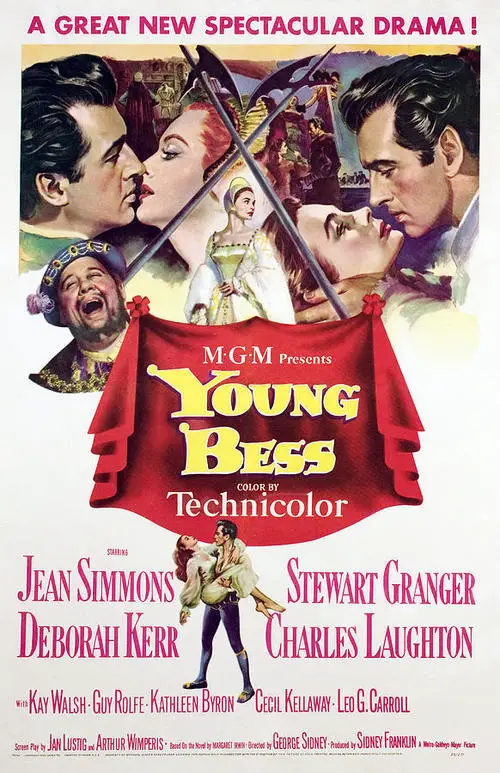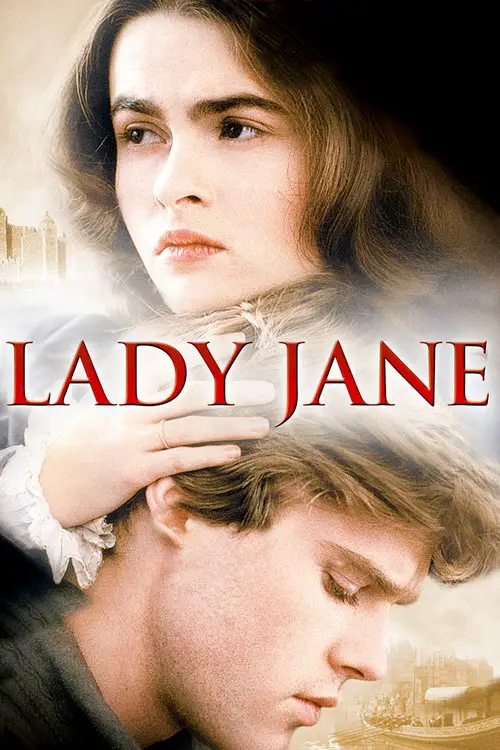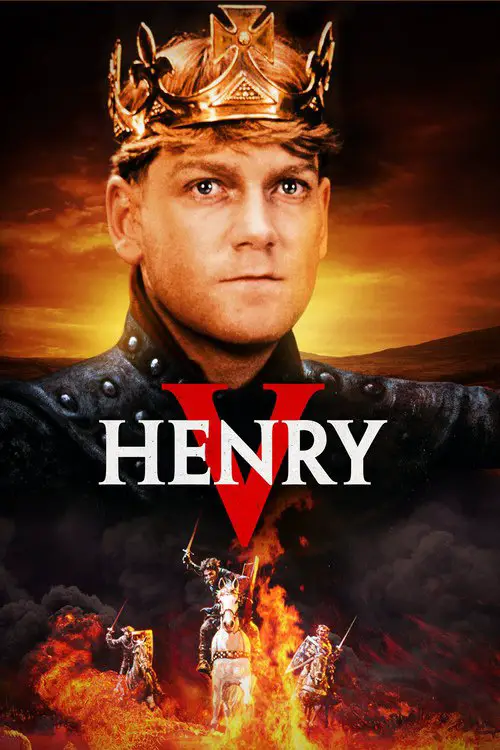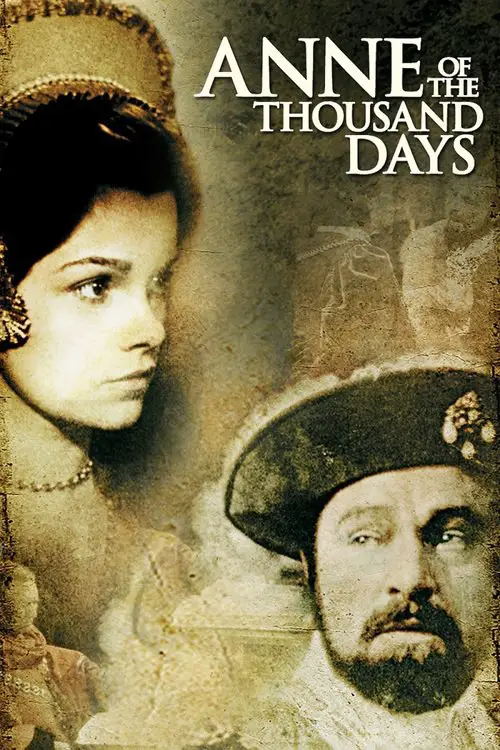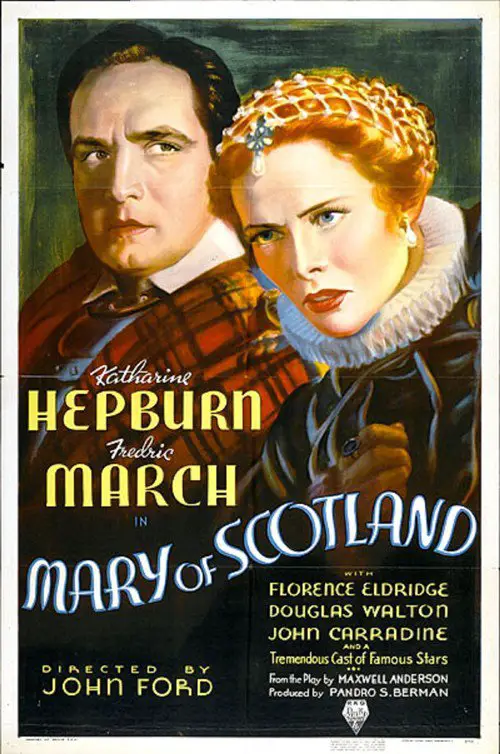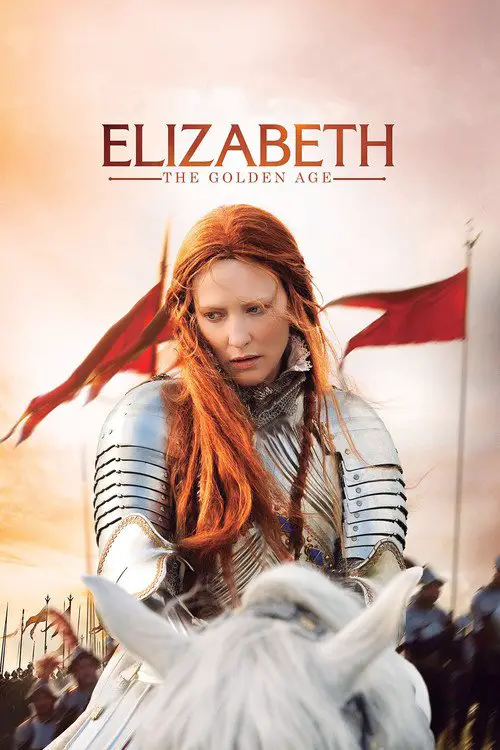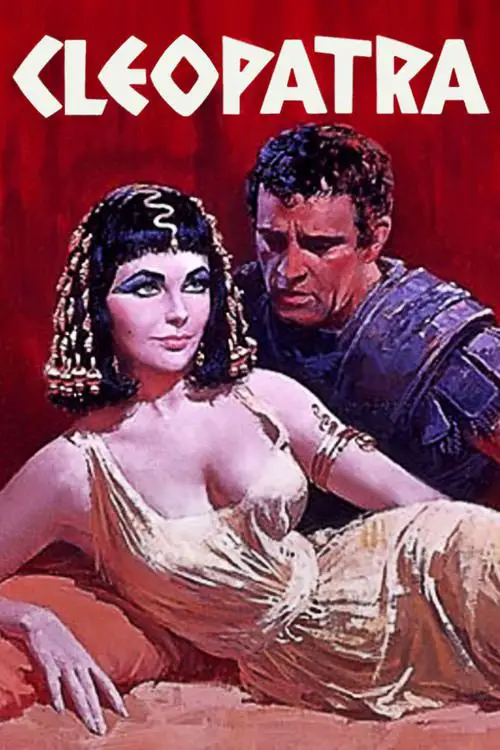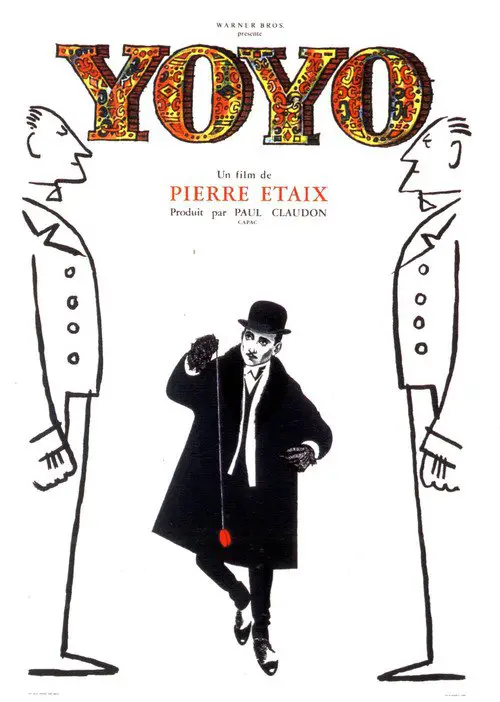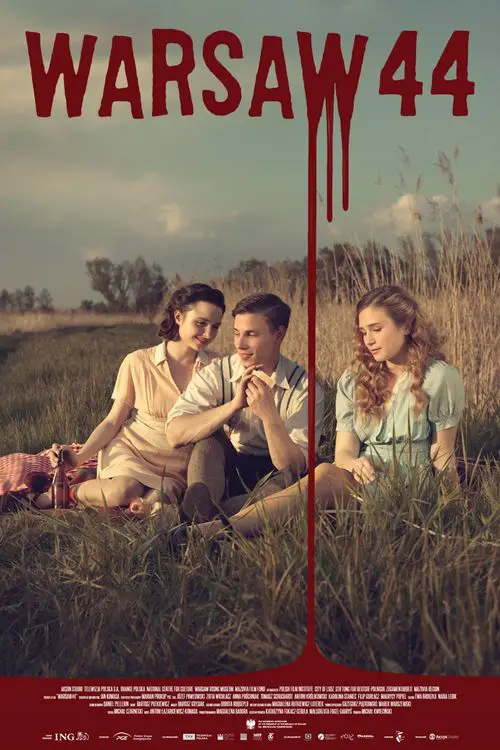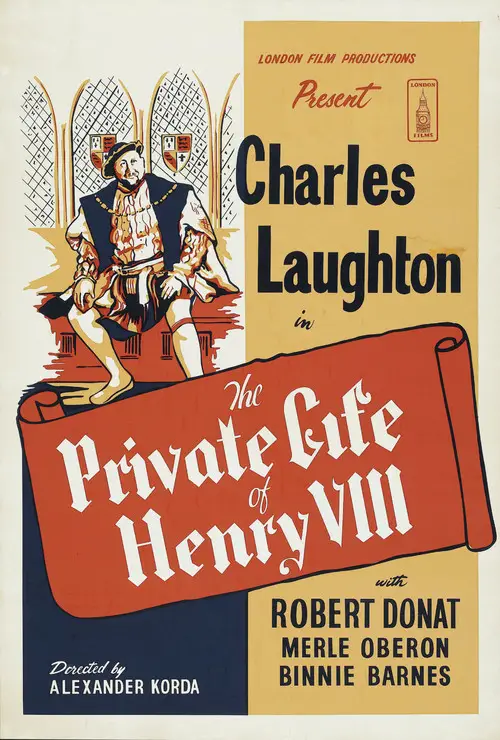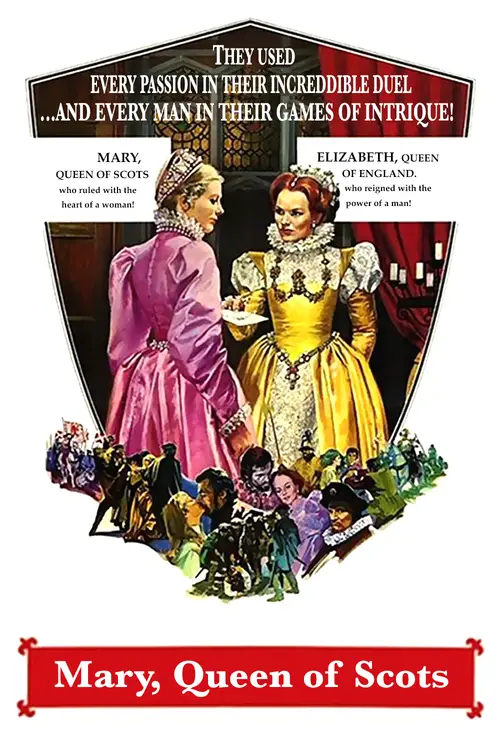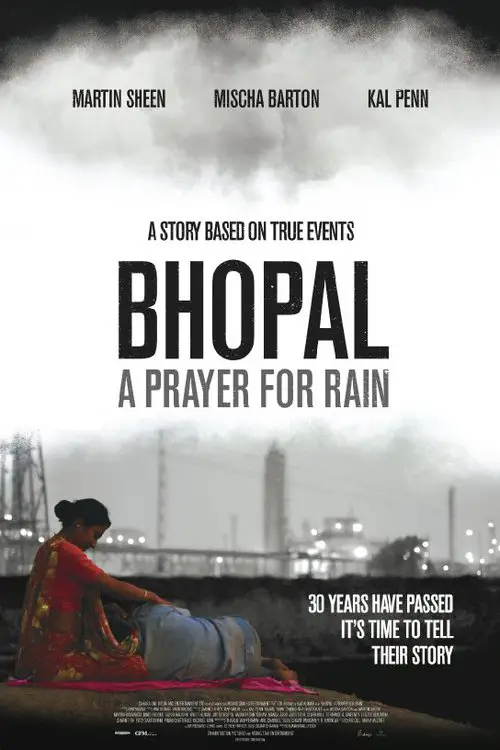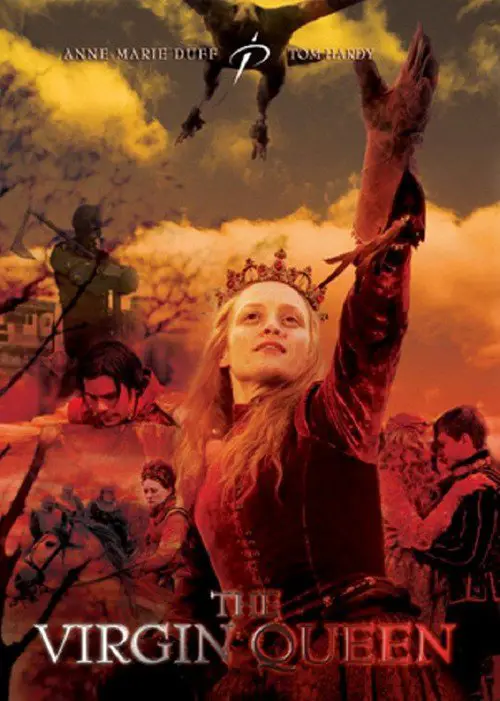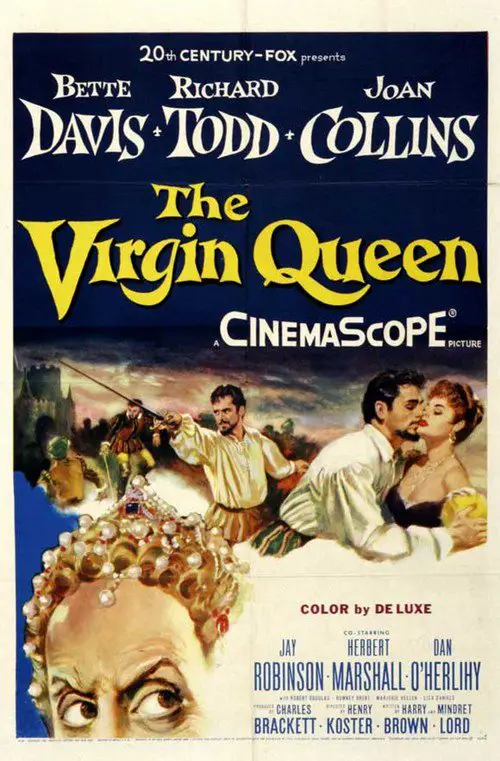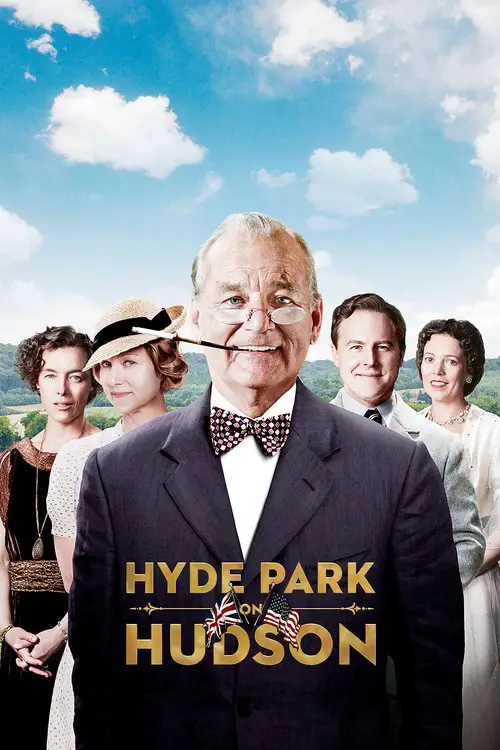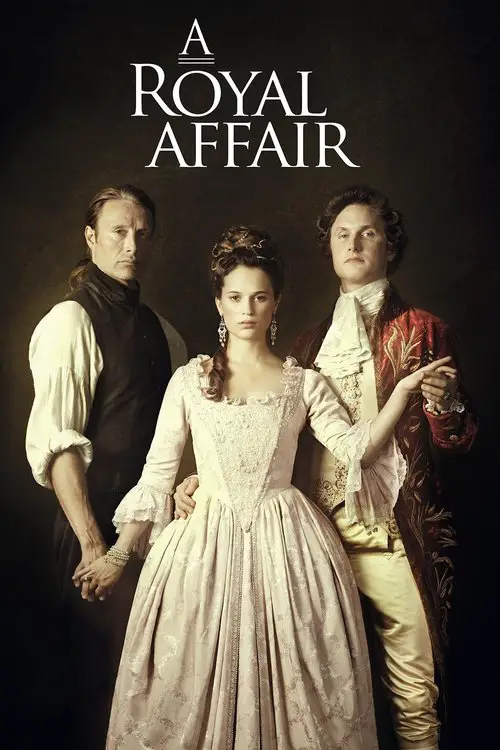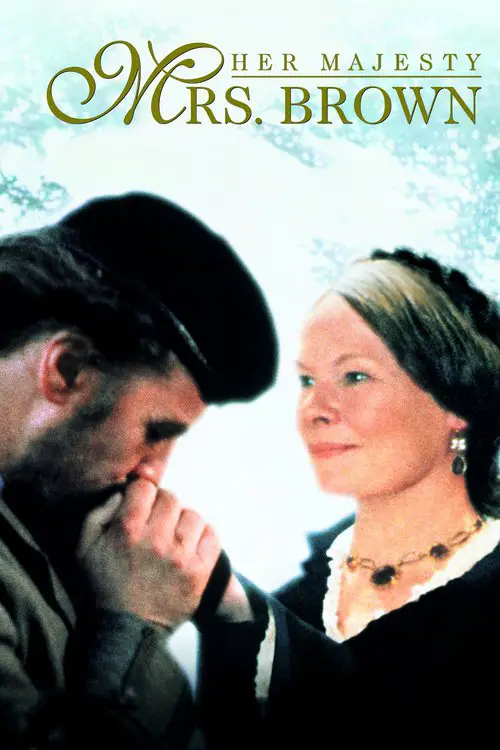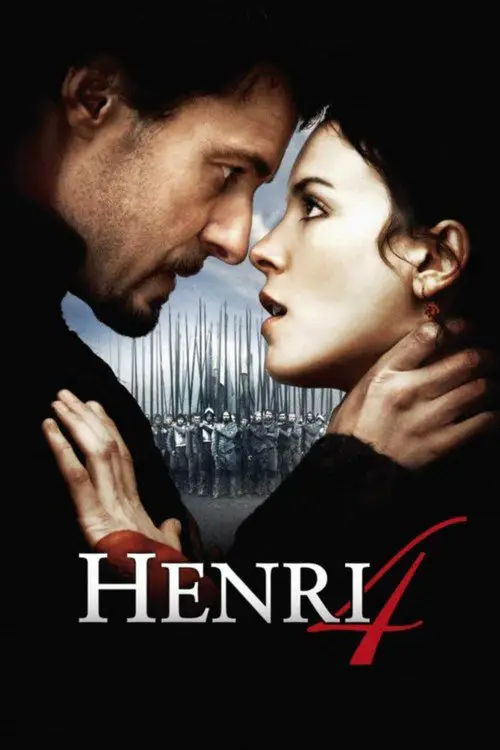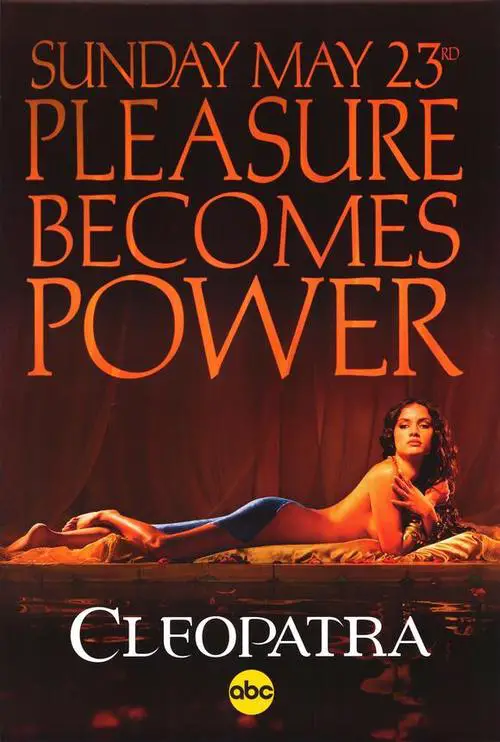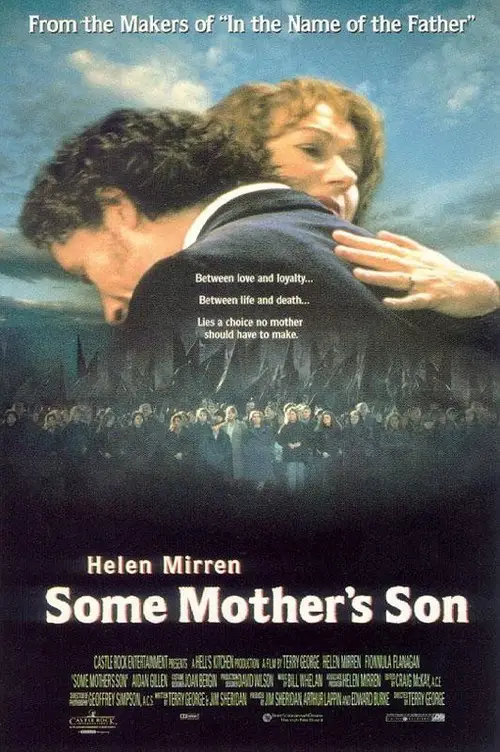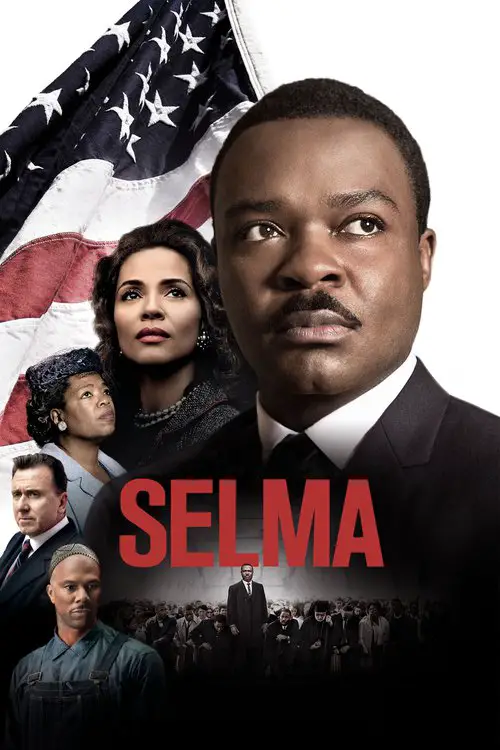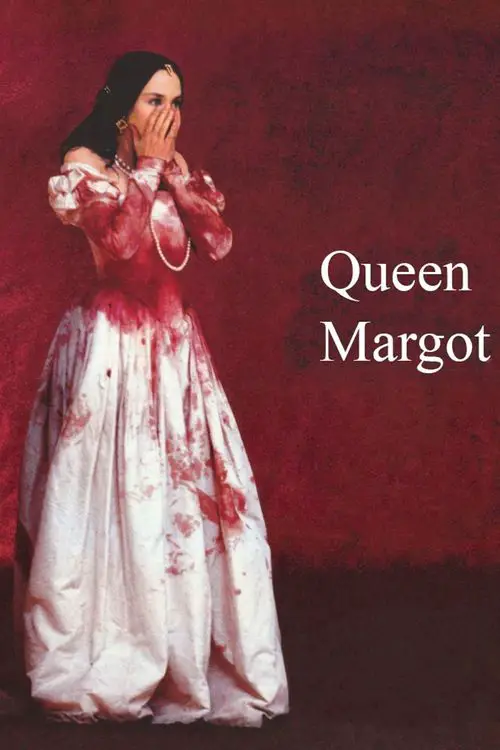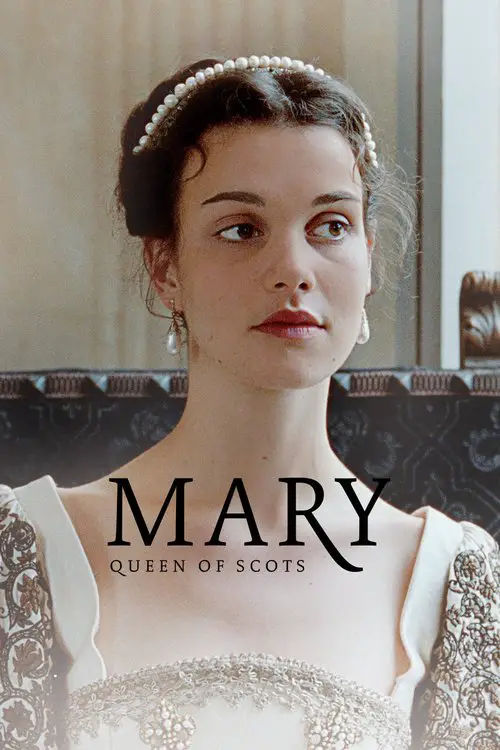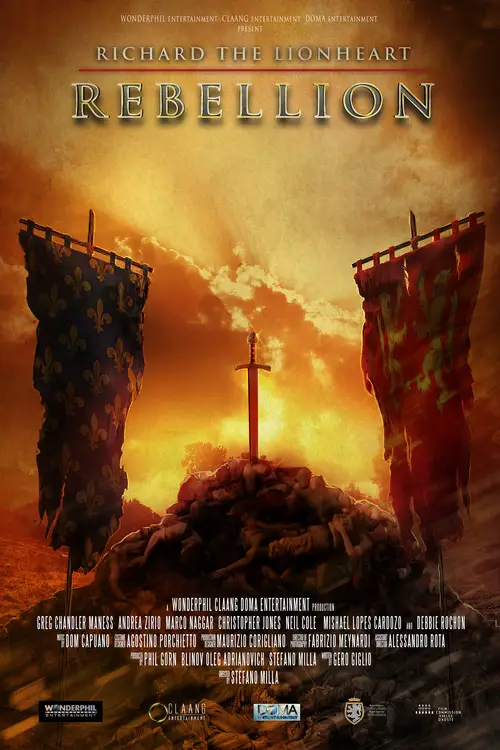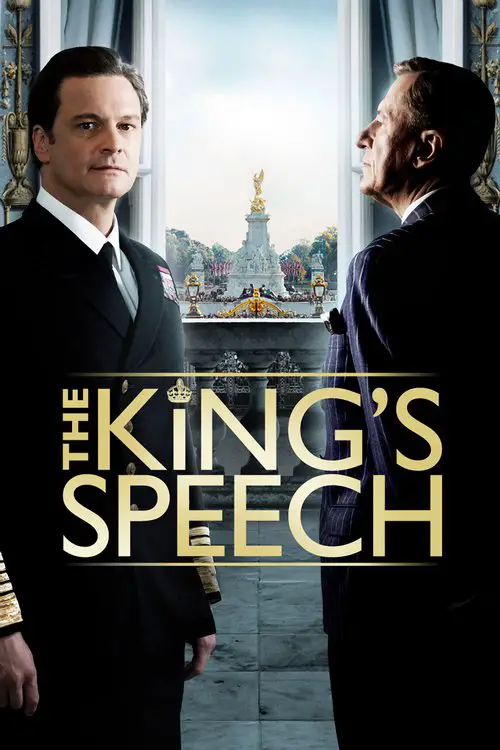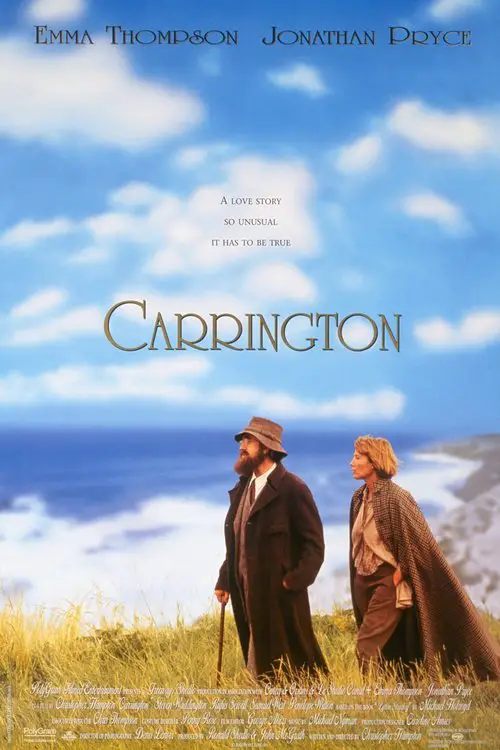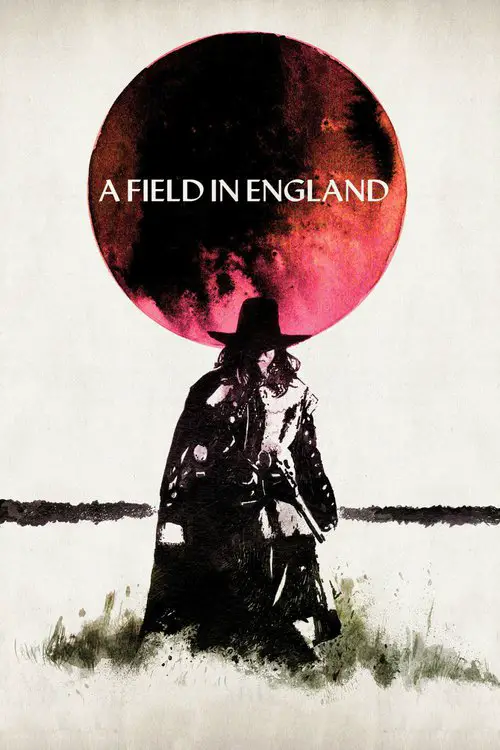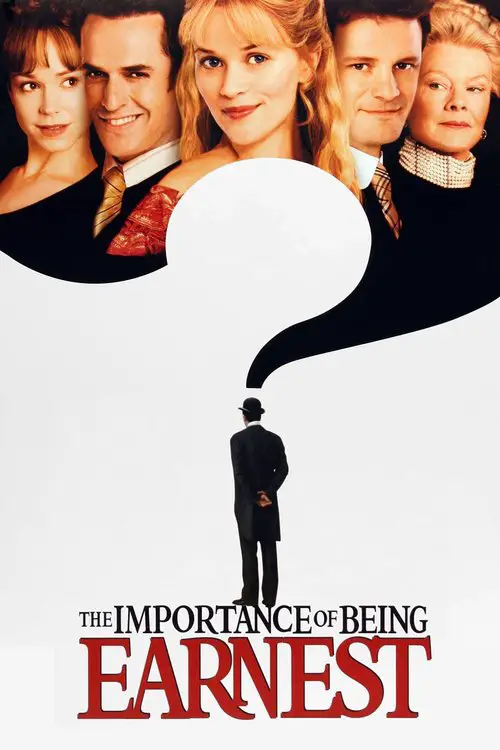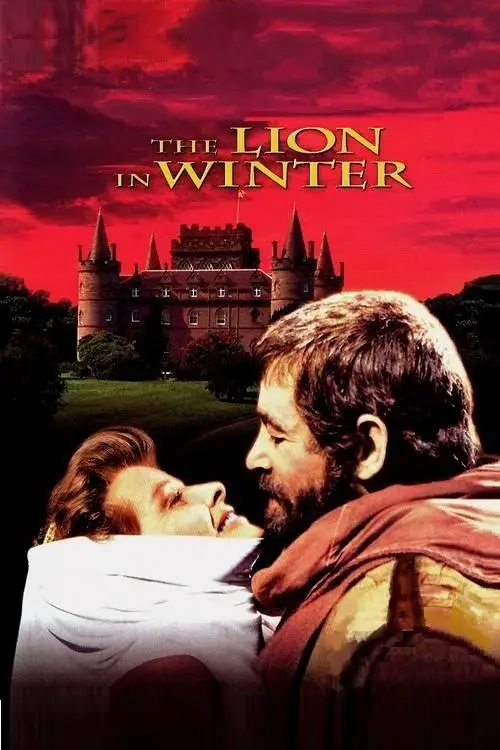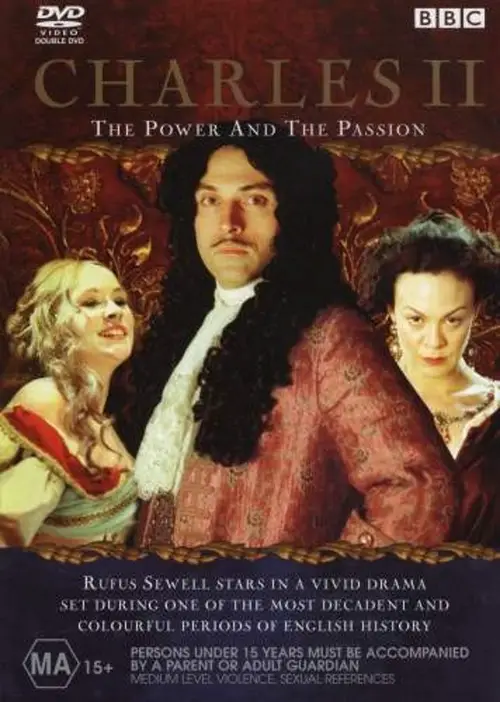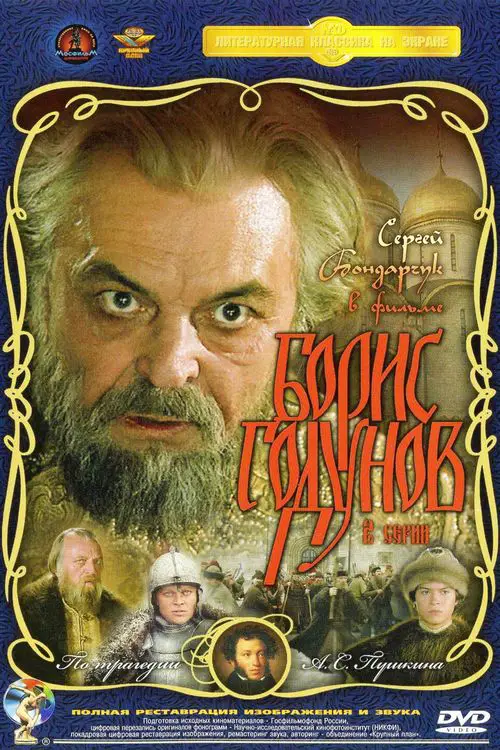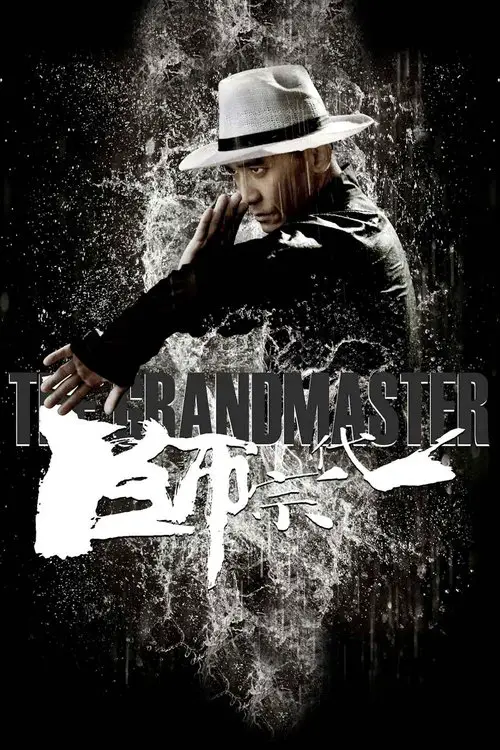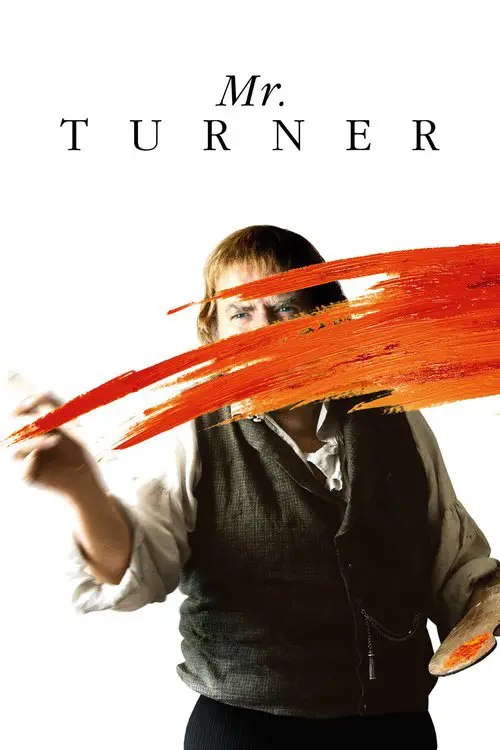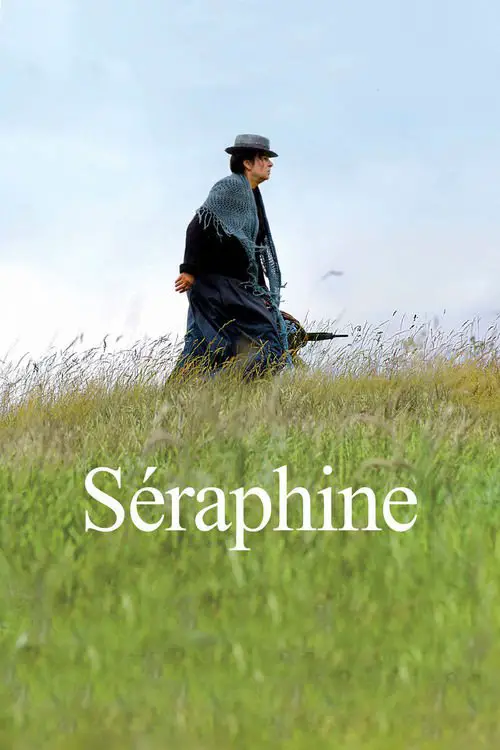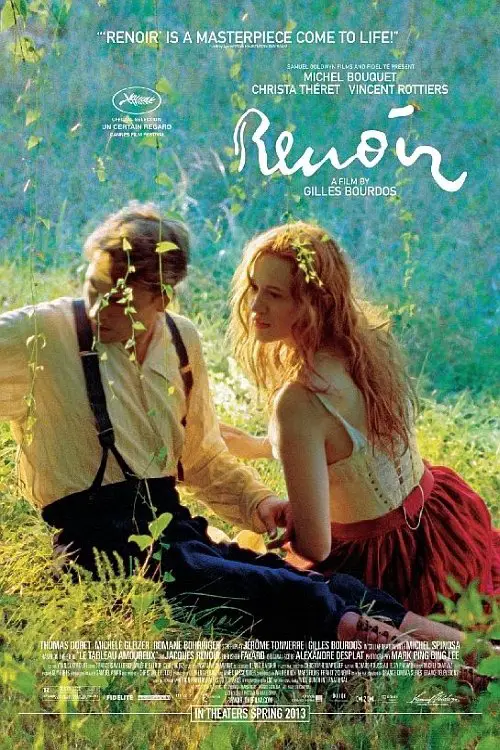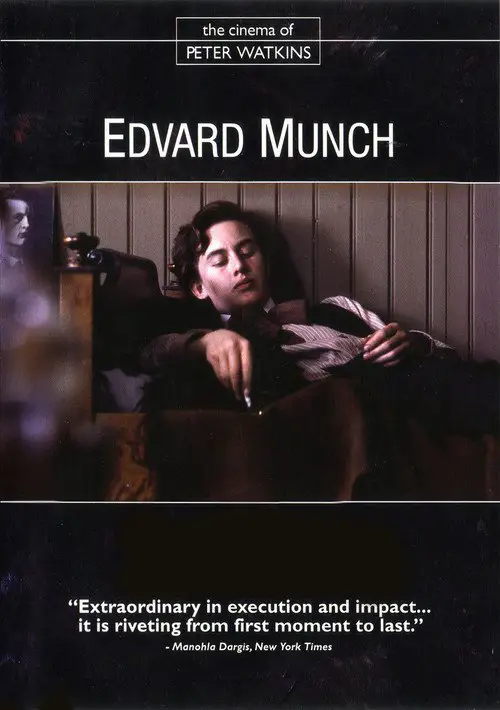The Twisted Tale Of Bloody Mary ()
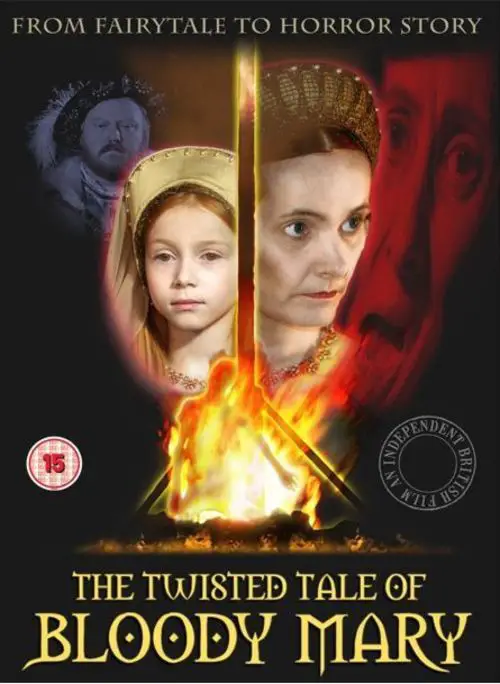
Similar movies
The mother died under the executioner's axe; the daughter rose to become England's greatest monarch -- the brilliant and cunning Queen Elizabeth I. Jean Simmons portrays young Bess in this rich tapestry of a film that traces the tumultuous, danger-fraught years from Elizabeth's birth to her unexpected ascension to the throne at a mere 25. Charles Laughton reprises his Academy Award®-winning* role as her formidable father Henry VIII. Deborah Kerr plays her last stepmother (and Henry's last of six wives), gentle Catherine Parr. And Simmons' then real-life husband, Stewart Granger, adds heroics as Lord Admiral Thomas Seymour. In a resplendent world of adventure, romance and court intrigue, Young Bess reigns.
The death of King Henry VIII throws his kingdom into chaos because of succession disputes. His weak son Edward, is on his deathbed. Anxious to keep England true to the Reformation, a scheming minister John Dudley marries off his son, Guildford to Lady Jane Grey, whom he places on the throne after Edward dies. At first hostile to each other, Guildford and Jane fall in love. But they cannot withstand the course of power which will lead to their ultimate downfall.
Historical epic. The triumphs and tragedy of the Egyptian queen, Cleopatra.The winner of four Oscars, this epic saga of love, greed and betrayal stars Elizabeth Taylor as the passionate and ambitious Egyptian queen who's determined to hold on to the throne and seduces the Roman emperor Julius Caesar (Rex Harrison). When Caesar is murdered, she redirects her attentions to his general, Marc Antony (Richard Burton), who vows to take power -- but Caesar's successor (Roddy McDowall) has other plans.
Based on the controversial novel by Philippa Gregory, "The Other Boleyn Girl" is a fictionalised account of the life of Lady Mary Boleyn (Natascha McElhone) who becomes mistress to England's king, Henry VIII (Jared Harris), before being ousted by her younger sister, Anne (Jodhi May.) Mary leaves the Court to marry a commoner, but returns when Anne embarks on a reckless policy to save herself from ruin.
A Man for All Seasons is the filmed version of the life of Thomas More. An English man comes to Sir Thomas More to ask if he can divorce his wife since King Henry VIII has made it illegal. Sir Thomas More stands up in opposition to the King even though he knows heâs risking his own life. An award winning film from 1966.
Mary Stuart, who was named Queen of Scotland when she was only six days old, is the last Roman Catholic ruler of Scotland. She is imprisoned at he age of 23 by her cousin Elizabeth Tudor, the English Queen and her arch adversary. Nineteen years later the life of Mary is to be ended on the scaffold and with her execution the last threat to Elizabeth's throne has been removed. The two Queens with their contrasting personalities make a dramatic counterpoint to history.
Thirty years on from the 1984 Union Carbide plant malfunction, the consequences of which are tragically ongoing, A Prayer for Rain is the powerful and moving story of the Bhopal tragedy, one of the great corporate and environmental scandals of the last half-century. It dramatises the dependence of the local community on the chemical plant that will eventually cause catastrophe, and the series of oversights that led to an event that stands as a benchmark for corporate irresponsibility in the developing world.
The Virgin Queen explores the full sweep of Elizabeth's life: from her days of fear as a potential victim of her sister's terror; through her great love affair with Robert Dudley; into her years of triumph over the Armada; and finally her old age and her last, enigmatic relationship with her young protégé, the Earl of Essex.
A wide-ranging, energetic period piece tracing the rise of the Protestant Henry of Navarre as he goes from battlefield warrior to France's beloved King Henri IV. Director Jo Baier's epic is a classically entertaining adventure, albeit one with more than a little bloodshed and frequent bawdy sexual interludes. In late 16th-century France, Catholics and Protestant Huguenots were at war. Seemingly seeking peace, the French dowager queen, Catherine de Medici summons Henry to her court to have him marry her daughter, uniting the two warring factions. However, the Catholics slaughter the Protestant wedding guests in what became known as the St. Bartholomew's Day massacre and Henry-now married-must use all his guile to both stay alive and maneuver for the throne. [Written by Palm Springs International Film Festival]
Cleopatra, the famed Egyptian Queen born in 69 B.C., is shown to have been brought by Roman ruler Julius Caesar at age 18. Caesar becomes sexually obsessed by the 18 year old queen, beds her, and eventually has a son by her. However, his Roman followers and his wife are not pleased by the union. In fact, as Caesar has only a daughter by his wife, he had picked Octavian as his successor. The out-of-wedlock son of Cleopatra is seen to be a threat to his future leadership. Thus Brutus and other Roman legislators plot the assassination of Caesar. Caesar's loyal general, Marc Antony, and Octavian then divide up the Roman empire. Antony takes Egypt and soon takes up the affair with Cleopatra. However, Octavian soon launches an attack on Antony and ultimately defeats and mortally wounds him. Rather than permitting herself to be humiliated by Octavian, Cleopatra sends her son away to India and she commits suicide by permitting the deadly asp to bite her.
In the early 1980s, South Korea is torn by student protests over the lack of representation in the government. Song Woo-Seok is a successful attorney in Busan specializing in tax law. His views regarding civil liberties are changed by student activist Park Jin-woo. When Jin-Woo is brutally tortured and put on trial for his activism, Woo-seok decides to defend Jin-woo as his client.
Based on the true story of the 1981 hunger strike in a British prison, in which IRA prisoner Bobby Sands led a protest against the treatment of IRA prisoners as criminals rather than as prisoners of war. The film focuses on the mothers of two of the strikers, and their struggle to save the lives of their sons.
In 1893, Gandhi is thrown off a South African train for being an Indian and traveling in a first class compartment. Gandhi realizes that the laws are biased against Indians and decides to start a non-violent protest campaign for the rights of all Indians in South Africa. After numerous arrests and the unwanted attention of the world, the government finally relents by recognizing rights for Indians, though not for the native blacks of South Africa. After this victory, Gandhi is invited back to India, where he is now considered something of a national hero. He is urged to take up the fight for India's independence from the British Empire. Gandhi agrees, and mounts a non-violent non-cooperation campaign of unprecedented scale, coordinating millions of Indians nationwide. There are some setbacks, such as violence against the protesters and Gandhi's occasional imprisonment. Nevertheless...
In Warsaw in 1980, the Communist Party sends Winkel, a weak, alcoholic TV hack, to Gdansk to dig up dirt on the shipyard strikers, particularly on Maciek Tomczyk, an articulate worker whose father was killed in the December 1970 protests. Posing as sympathetic, Winkel interviews the people surrounding Tomczyk, including his detained wife, Agnieszka.
The night of August 24, 1572, is known as the Massacre of St. Bartholomew. In France a religious war is raging. In order to impose peace a forced wedding is arranged between Margot de Valois, sister of the immature Catholic King Charles IX, and the Hugenot King Henri of Navarre. Catherine of Medici maintains her behind-the-scenes power by ordering assaults, poisonings, and instigations to incest.
The film is a historical drama set during the reign of Elizabeth I (Flora Robson), focusing on the English defeat of the Spanish Armada, whence the title. In 1588, relations between Spain and England are at the breaking point. With the support of Queen Elizabeth I, British sea raiders such as Sir Francis Drake regularly capture Spanish merchantmen bringing gold from the New World.
King Henry II of England has trouble with the Church. When the Archbishop of Canterbury dies, he has a brilliant idea. Rather than appoint another pious cleric loyal to Rome and the Church, he will appoint his old drinking and wenching buddy, Thomas Becket, technically a deacon of the church, to the post. Unfortunately, Becket takes the job seriously and provides abler opposition to Henry.
The year is 1173. England and France are at war. The destiny of the two great powers has never been so intertwined. As King Henry's wife, Queen Eleanor, is captured and imprisoned by the king himself, Richard and his brothers lead the fight against their father in a heartless war. Allegiances shift with each victory or defeat as the destinies of England and France keep swaying in a delicate balance.
The King's Speech tells the story of the man who became King George VI, the father of Queen Elizabeth II. After his brother abdicates, George ('Bertie') reluctantly assumes the throne. Plagued by a dreaded stutter and considered unfit to be king, Bertie engages the help of an unorthodox speech therapist named Lionel Logue. Through a set of unexpected techniques, and as a result of an unlikely friendship, Bertie is able to find his voice and boldly lead the country into war.
The story of the relationship between painter Dora Carrington and author Lytton Strachey in a World War One England of cottages and countryside. Although platonic due to Strachey's homosexuality, the relationship was nevertheless a deep and complicated one. When Carrington did develop a more physical relationship with soldier Ralph Partridge, Strachey was able to welcome him as a friend, although Partridge remained somewhat uneasy, not so much with Strachey's lifestyle and sexual orientation as with the fact that he was a conscientious objector.
During the Civil War in 17th-Century England, a small group of deserters flee from a raging battle through an overgrown field. They are captured by an alchemist (Michael Smiley), who forces the group to aid him in his search to find a hidden treasure that he believes is buried in the field. Crossing a vast mushroom circle, which provides their first meal, the group quickly descend into a chaos of arguments, fighting and paranoia, and, as it becomes clear that the treasure might be something other than gold, they slowly become victim to the terrifying energies trapped inside the field.
Shortly before his death in ancient Israel King David has a vision from God telling him that his younger son Solomon should succeed him as king. His other son Adonijah is unhappy and vows to attain the throne. Meanwhile the Egyptian Pharoah agrees to cede a Red Sea port to the Queen of Sheba is she can find a way to destroy Solomon, whose wisdom and benevolent rule is seen as a threat to more tyrannical monarchs in the region. Written by garykmcd
Praised for its fine photography and production design if not its narrative, Sergei Bondarchuk directed this adaptation of the tale by Alexander Pushkin. Boris Godunov came to the Czarist throne at the end of the 16th century, after the original heir to Ivan the Terrible had died. At first, things went well for Godunov (played by Bondarchuk), but when the Russian people began to believe he had killed Ivan the Terrible's son in order to gain the throne, an alliance sprang up against the new Czar. Events continued to spin out of control as a young monk was presented as the son Godunov had supposedly killed. Now he was openly accused of failing an assassination attempt, which seems to be even worse than succeeding. In addition to these woes, Boris Godunov began to suffer serious health problems. So much for the joys of kingship.
The czar of Russia has died and a power vacuum has developed. This period in the late 16th and early 17th century has been called "The Time of Troubles." There are many impostors who claim to the right to rule, but there's only one heir, the Czarina Kseniya Godunova. She has married a Polish military leader who wants to claim the Russian throne in her name so he can rule all of Russia. As the Poles move in on Moscow in an attempt to install the czarina on the throne, Andrei, a serf with a life-long infatuation of the czarina attempts to save her from her brutal Polish husband.
Ip Man's peaceful life in Foshan changes after Gong Yutian seeks an heir for his family in Southern China. Ip Man then meets Gong Er who challenges him for the sake of regaining her family's honor. After the Second Sino-Japanese War, Ip Man moves to Hong Kong and struggles to provide for his family. In the mean time, Gong Er chooses the path of vengeance after her father was killed by Ma San.
The crowning achievement of Orson Wellesâs later film career, Chimes at Midnight returns to the screen after being unavailable for decades. This brilliantly crafted Shakespeare adaptation was the culmination of Wellesâs lifelong obsession with the Bardâs ultimate rapscallion, Sir John Falstaff, the loyal, often soused childhood friend to King Henry IVâs wayward son Prince Hal.
The tragic story of French naïve painter Séraphine Louis aka Séraphine de Senlis (1864-1942), a humble servant who becomes a gifted self-taught painter. Discovered by prominent critic and collector William Uhde, she came to prominence between the wars grouped with other naïve painters like Henri Rouseau only to descend into madness and obscurity with the onset of Great Depression and World War II.
The Côte dâAzur. 1915. In his twilight years, Pierre-Auguste Renoir is tormented by the loss of his wife, the pains of arthritic old age and the terrible news that his son Jean has been wounded in action. But when a young girl miraculously enters his world, the old painter is filled with a new, wholly unexpected energy. Blazing with life, radiantly beautiful, Andrée will become his last model, and the wellspring of a remarkable rejuvenation. Back at the family home to convalesce, Jean too falls under the spell of the new, redheaded star in the Renoir firmament. In their Mediterranean Eden - and in the face of his father's fierce opposition - he falls in love with this wild, untameable spirit... and as he does so, within weak-willed, battle-shaken Jean, a filmmaker begins to grow.
A biographical film about the Norwegian Expressionist painter Edvard Munch. It was originally created as a three-part miniseries co-produced by the Norwegian and Swedish state television networks, but subsequently gained an American theatrical release in a three-hour version in 1976. The film covers about thirty years of Munch's life, focusing on the influences that shaped his art, particularly the prevalence of disease and death in his family and his youthful affair with a married woman.
© Valossa 2015–2026
| Privacy Policy

